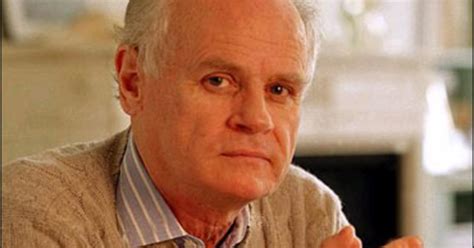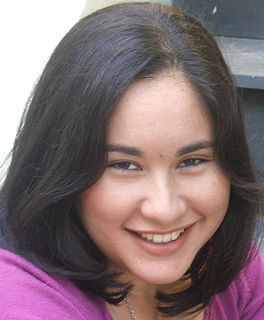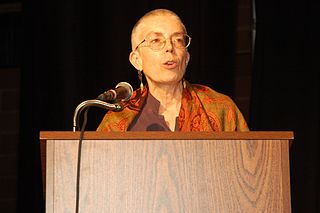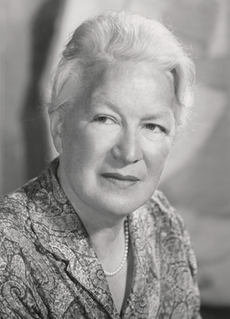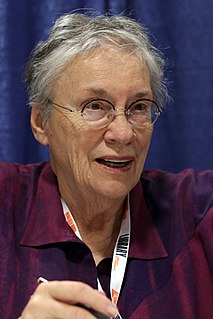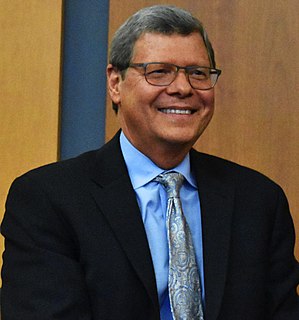A Quote by John Gregory Dunne
A writer is an eternal outsider, his nose pressed against whatever window on the other side of which he sees his material.
Related Quotes
Pressed up against him, I can feel the thud of his heart against mine, his ribcase expanding and contracting rapidly against my chest, the warm whisper of his breath tickling the side of my neck, the brush of his leg against my thigh. Resting my arms on his shoulders, I pull back a little to get a look at his face. But he isn't smiling any more.
I sometimes have the sense that I live my life as a writer with my nose pressed against the wide, shiny plate glass window of the"mainstream" culture. The world seems full of straight, large-circulation, slick periodicals which wouldn't think of reviewing my book and bookstores which will never order it.
Tommy had felt alone in a crowd before, even inferior to everyone in a crowd, but now he felt, well, different. It wasn't just the clothes and the make up, it was the humanity. He wasn't part of it. Heightened senses or not, he felt like he had his nose pressed against the window, looking in. The problem was, it was the window of a donut shop.
The mockery made him feel an outsider; and feeling an outsider he behaved like one, which increased the prejudice against him and intensified the contempt and hostility aroused by his physical defects. Which in turn increased his sense of being alien and alone. A chronic fear of being slighted made him avoid his equals, made him stand, where his inferiors were concerned, self-consciously on his dignity.
He pressed his face into the fabric and breathed in slowly through his mouth and nose, hoping for the faintest smoke and mountain sage and salty sweet stink of Jack but there was no real scent, only the memory of it, the imagined power of Brokeback Mountain of which nothing was left but what he held in his hands.
The material which a scientist actually has at his disposal, his laws, his experimental results, his mathematical techniques, his epistemological prejudices, his attitude towards the absurd consequences of the theories which he accepts, is indeterminate in many ways, ambiguous, and never fully separated from the historical background . This material is always contaminated by principles which he does not know and which, if known, would be extremely hard to test.
Dennis looked at the puppy in the window. We both did. It was the oddest thing. Normally, puppies in pet store windows sleep or pee or roll around on top of other dogs. This one ignored us its window-mates and was instead sitting with its nose pressed against the glass, looking at us with an extremely serious little expression on its face. An expression that seemed to me to be saying, "I am a sacred cow. Get out your wallet.
In the greatest fiction, the writer's moral sense coincides with his dramatic sense, and I see no way for it to do this unless his moral judgement is part of the very act of seeing, and he is free to use it. I have heard it said that belief in Christian dogma is a hindrance to the writer, but I myself have found nothing further from the truth. Actually, it frees the storyteller to observe. It is not a set of rules which fixes what he sees in the world. It affects his writing primarily by guaranteeing his respect for mystery.
The master in the art of living makes little distinction between his work and his play, his labor and his leisure, his mind and his body, his information and his recreation, his love and his religion. He hardly knows which is which. He simply pursues his vision of excellence at whatever he does, leaving others to decide whether he is working or playing. To him he's always doing both.
